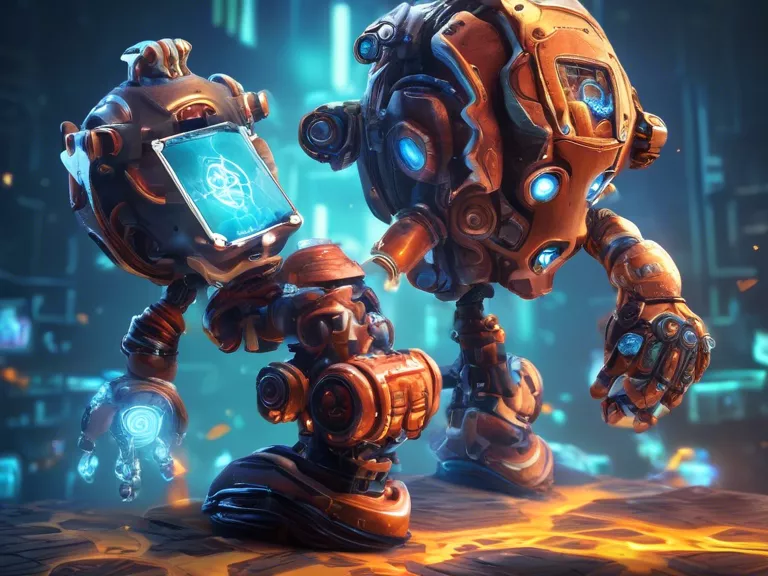
AI has revolutionized the gaming industry in many ways, one of them being in improving game balancing and fairness. Through advanced algorithms and machine learning capabilities, AI can analyze gameplay data in real-time and make adjustments to ensure a more enjoyable and competitive experience for all players.
One of the main challenges game developers face is creating a balanced gameplay environment where every player has a fair chance of winning. This task is particularly difficult in multiplayer games where various factors such as player skill level, character abilities, and in-game resources can greatly impact the outcome. AI can help address these issues by continuously monitoring gameplay data and making adjustments to level the playing field.
By using AI to analyze player behavior and performance, game developers can identify potential areas of imbalance and make targeted adjustments to improve overall fairness. For example, AI can detect patterns of overpowered characters or weapons that give certain players an unfair advantage and recommend ways to address these issues.
Furthermore, AI can also help optimize matchmaking systems to ensure that players are paired with opponents of similar skill levels. By analyzing player performance data and predicting outcomes, AI can create more balanced matchups that result in more competitive and engaging gameplay.
Another way AI contributes to game balancing is through dynamic difficulty adjustments. Instead of using static difficulty levels that may not suit all players, AI can adapt the level of challenge based on individual player performance. This ensures that all players are constantly challenged but not overwhelmed, leading to a more enjoyable gaming experience for everyone.
In conclusion, the role of AI in improving game balancing and fairness cannot be overstated. By leveraging the power of AI algorithms and machine learning, game developers can create more engaging and competitive gaming experiences for players of all skill levels.



